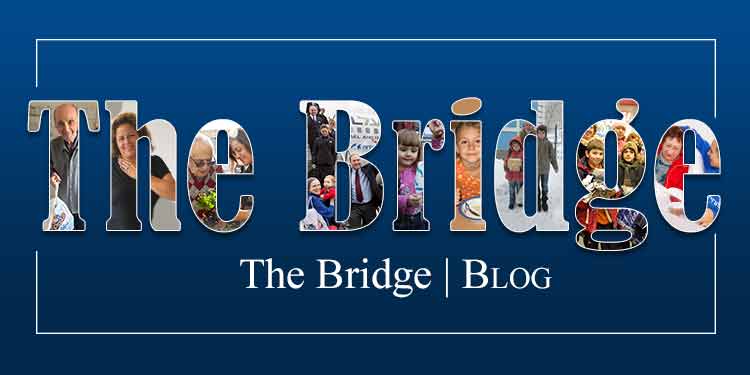The Bread of Affliction
The Fellowship | April 1, 2015

Passover is right around the corner. In preparation, we clean our homes, washing, scrubbing, dusting, and vacuuming every nook and cranny.
Exodus 12:15 tells us “For seven days you are to eat bread made without yeast. On the first day remove the yeast from your houses, for whoever eats anything with yeast in it from the first day through the seventh must be cut off from Israel.
And so, during the seven-day Passover holiday, it is biblically forbidden to have any type of leavened bread in the Jewish home. This prohibition includes cereals, crackers, wafers, and so forth. Therefore, in the days, and sometimes weeks, before Passover, we are tasked with eradicating any remnants of leavened bread from our midst.
But along with this prohibition comes the commandment to eat matzah, or unleavened bread: “but for seven days eat unleavened bread, the bread of affliction, because you left Egypt in haste—so that all the days of your life you may remember the time of your departure from Egypt” (Deuteronomy 16:3).
Passover, the remembrance of the Exodus, is symbolized both by our rejection of leavened bread as well as our consumption of matzah. Considering the Bible’s clarity on these commandments, let’s try to understand what the fuss about bread and matzah is all about.
The Jewish sages teach that matzah represents our most humble nature, without all the additives of greed, anger, haughtiness, and unrestrained physical desires.Matzah is pure and simple – its ingredients can be nothing but water and flour, and it cannot be left out before baking more than eighteen minutes – after which dough begins to rise or fluff up. This purity, this utter simplicity, is the symbol of freedom.
So if matzah represents our humble state, while leavened bread represents a state of self-centered ego, than why are we permitted to eat it the rest of the year? Secondly, what does this have to do with Passover and our Exodus from Egyptian slavery?
We know from the Bible that our ancestors ate matzah, or the “bread of affliction,” while they were slaves, as well as on the night they left Egypt. Matzah was the food that enabled our ancestors to retain their identity and faith – while also nourishing them – during the grueling hardships of Egyptian slavery.
The matzah which we eat on Passover today is a reality check. It reminds us that what is important is not what we own or earn or how we look, but who we are inside. The simple you, without all the additives, the way God made you, is the ultimate gift you can share with the world.
